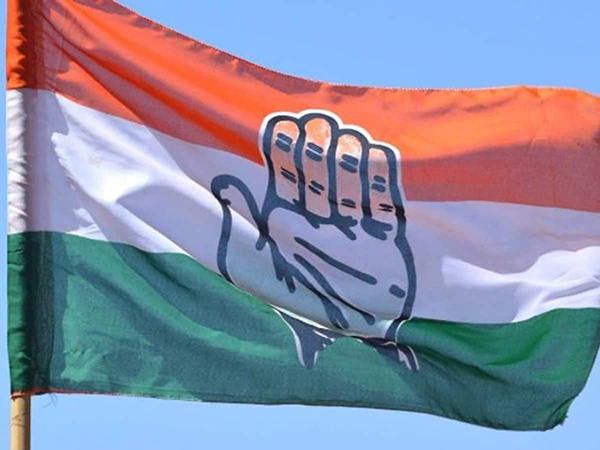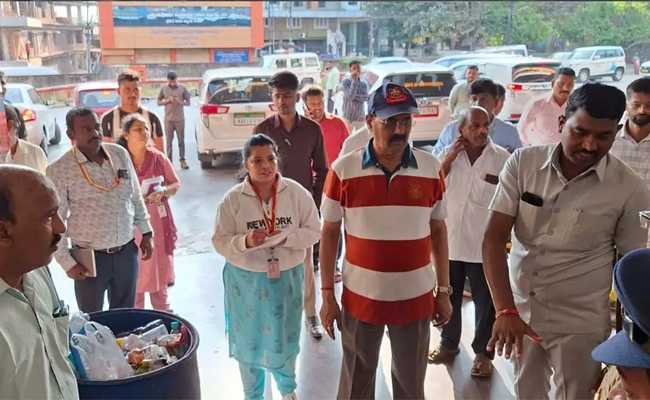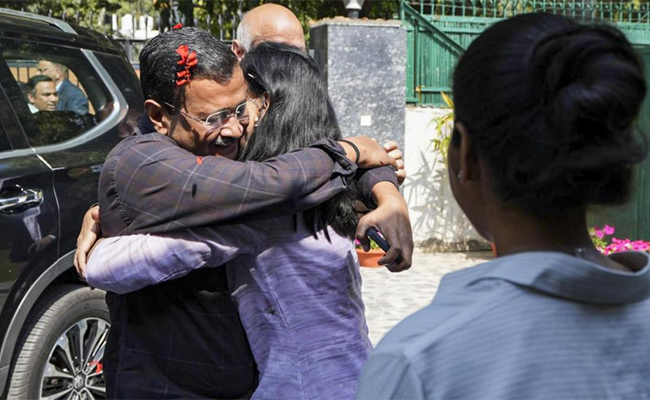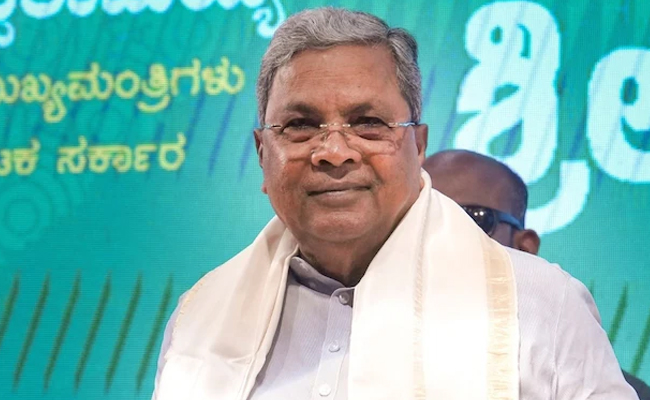Mangaluru: The announcement of the Congress candidate for the Mangaluru North Constituency remained elusive even as the party announced its fourth list of candidates on Tuesday evening.
Candidates for seven constituencies were announced on Tuesday wherein the candidate for one of the most anticipated constituencies – Mangaluru North – was not announced.
Interestingly, only two days are remaining for the process of filing nominations as the last date for the nomination filing process is on April 20. The Congress has announced candidates for 7 out of 8 constituencies in the district while across the state it has announced candidates for 216 candidates out of 224 constituencies.
The party is yet to announce candidates in eight constituencies including Mangaluru North.
The race for the Congress party ticket for the Mangaluru North Constituency in Karnataka is heating up as KPCC General Secretary Inayat Ali and former MLA Moidin Bawa are both vying for the coveted ticket. Although it is unclear who will ultimately receive the ticket.
Both Ali and Bawa are reportedly confident that they have a strong chance of securing the ticket. According to party sources, no other candidates are being considered for the ticket, and the final Congress list, which is set to be released on Wednesday, will confirm the chosen candidate.
Let the Truth be known. If you read VB and like VB, please be a VB Supporter and Help us deliver the Truth to one and all.
Balasore: At least 72 people, including 23 women, from Rajnagar village in the district have been arrested under charge of assaulting two poll officials from West Bengal, who are suspected to have mistakenly entered their village on Wednesday.
Odisha Police are learned to have said that poll officers Sumit Hazra and Som Hansda, who are bank employees, had been assigned the duty of supervisiing the Special Intensive Revision (SIR) exercise at Baliagaria Block under the Nayagram Police Station limits in West Bengal. On Wednesday, however, the duo mistakenly entered the nearby Rajnagar, located under the Raibania Police Station limits in Balasore district, they added.
According to news agencies, Balasore Additional Superintendent of Police Niranjan Behera has said that the returning officers were detained and assaulted by the villagers on account of communication gap. Explaining the incident further, the officer said that Hazra and Hansda approached an auto rickshaw that was on school duty as they were unable to get any other transportation facility to reach Nayagram. “As the rickshaw driver declined to help, they were waiting for an alternate means of transportation, when a rumour was spread that child lifters were working in the area. This gave rise to suspicion among the villagers and led to the assault of Hazra and Hansda,” Behera is learned to have said.
Further, the Addl SP has said that the villagers are learned to have assaulted and detained two police personnel from Raibania Police Station who rushed to Rajnagar to rescue the returning officers. “Additional forces were sent to the village, even as senior police and administrative officers visited Rajnagar to bring the situation under control,” he reportedly added.
Behera also said, “The injured poll officials, after being rescued, were admitted to the local hospital for treatment. Two cases are registered in this regard, one by the poll officials and another by police. More than 100 people have been questioned.”
The investigation team, after verifying the video footage, has held 72 accused, who will be produced before court. Additional security forces have been mobilized in the Raibania Police Station limits to prevent any untoward situation, officials have said.





